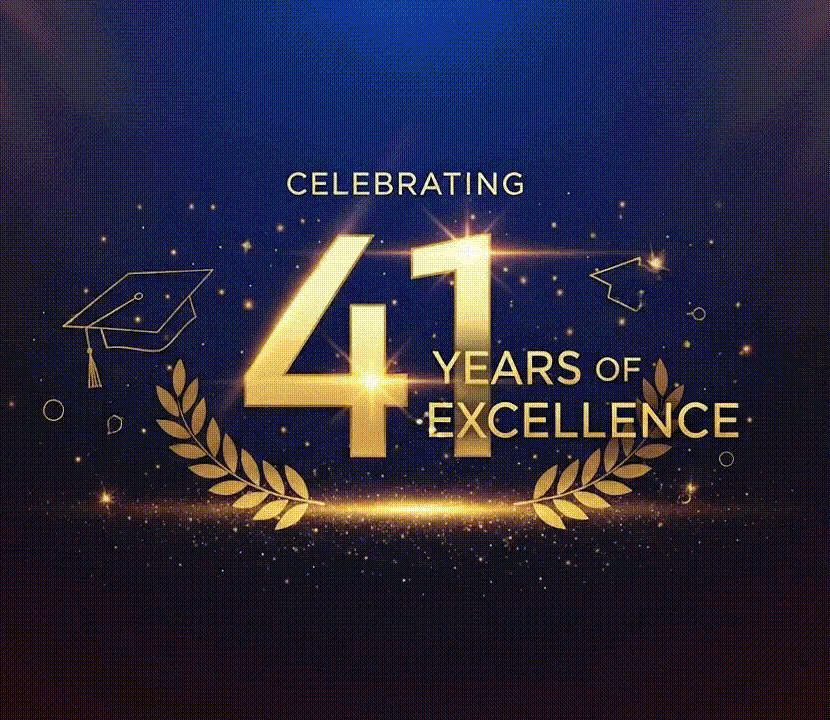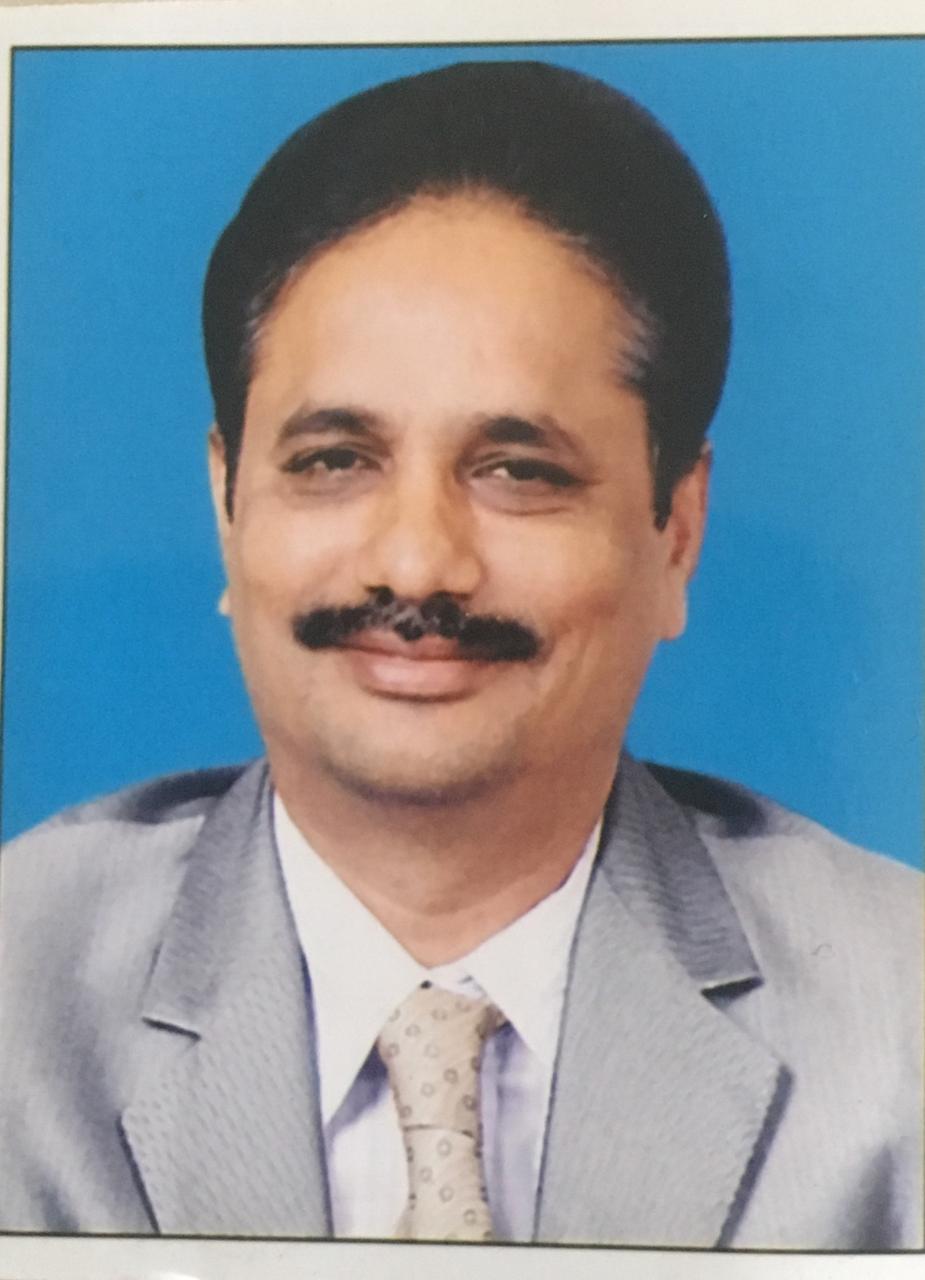



Internet of Things (IoT) is among the latest innovations in the area of Computer Science & Engineering and IT. This specialization covers the development of IoT products and services along with the devices for sensing, actuating, processing and inter communication. The program aims to train the students and develop within them strong theoretical foundation, systematic professional knowledge and strong practical skills in the fields of web-technologies, real time embedded systems, communications protocols and collaborative intelligence.
The four - year programme 'B. Tech., CSE (IoT)' connects the academia and industries with the young minds in an effective way. It is an intensive and skilful program to utilize the potential and the innovative passion of students. The scheme of the programme is strongly aligned with the present and forthcoming requirements of the industries, and academia across the globe. Thus, it offers the ample of carrier opportunities to the students. In favour of the never ending process of learning and research, this programme meets the global standards of master's Programme in Artificial Intelligence, Machine Learning, Deep Learning, IoT, Smart Cities, Smart Healthcare and Smart Farming offered at the national and international universities of repute.
As the Head of CSE (IoT), I am proud to lead a department that empowers students to explore the limitless potential of the Internet of Things. Our goal is to foster innovation, critical thinking, and hands-on learning to prepare future leaders in this dynamic field. Let’s continue to work together towards excellence in education and research.

Dr. N. Nagamalleswara Rao,
Head of Department, CSE(IOT)
To create globally competent software professionals with social values to cater the ever-changing industry requirements.
| PEO1 | To provide graduates with a good foundation in mathematics, sciences and engineering fundamentals required to solve engineering problems that will facilitate them to find employment in industry and / or to pursue postgraduate studies with an appreciation for lifelong learning. |
|---|---|
| PEO2 | To provide graduates with analytical and problem solving skills to design algorithms, other hardware / software systems, and inculcate professional ethics, inter-personal skills to work in a multi-cultural team. |
| PEO3 | To facilitate graduates get familiarized with state of the art software / hardware tools, imbibing creativity and Innovation that would enable them to develop cutting-edge technologies of multi-disciplinary nature for societal development. |
| PSO1 | Demonstrate competency in Programming and problem solving skills and apply those skills in solving computing problems. |
|---|---|
| PSO2 | Select appropriate programming languages, Data structures and algorithms in combination with modern technologies and apply them in developing innovative solutions. |
| PSO3 | Demonstrate an ability in using IoT devices and protocols to develop IoT based solutions for real world problems. |
| PO1 | Engineering knowledge: Apply the knowledge of mathematics, science, engineering fundamentals, and an engineering specialization to the solution of complex engineering problems. |
|---|---|
| PO2 | Problem analysis: Identify formulate, review research literature, and analyze complex engineering problems reaching substantiated conclusions using first principles of mathematics, natural sciences, and engineering sciences. |
| PO3 | Design/development of solutions: Design solutions for complex engineering problems and design system components or processes that meet the specified needs with appropriate consideration for the public health and safety, and the cultural, societal, and environmental considerations. |
| PO4 | Conduct investigations of complex problems:Use research-based knowledge and research methods including design of experiments, analysis and interpretation of data, and synthesis of the information to provide valid conclusions. |
| PO5 | Modern tool usage: Create, select, and apply appropriate techniques, resources, and modern engineering and IT tools including predication and modeling to complex engineering activities with an understanding of the limitations. |
| PO6 | The engineer and society: Apply reasoning informed by the contextual knowledge to assess societal, health, safety, legal and cultural issues and the consequent responsibilities relevant to the professional engineering practice. |
| PO7 | Environment and sustainability: Understand the impact of the professional engineering solutions in societal and environmental contexts, and demonstrate the knowledge of, and need for sustainable development. |
| PO8 | Ethics: Apply ethical principles and commit to professional ethics and responsibilities and norms of the engineering practice. |
| PO9 | Individual and team work: Function effectively as an individual, and as a member or leader in diverse teams, and in multidisciplinary settings. |
| PO10 | Communication: Communicate effectively on complex engineering activities with the engineering community and with society at large, such as, being able to comprehend and write effective reports and design documentation, make effective presentations, and give and receive clear instructions. |
| PO11 | Project management and finance: Demonstrate knowledge and understanding of the engineering and management principles and apply these to one's own work, as a member and leader in a team, to manage projects and in multidisciplinary environments. |
| PO12 | Life-long learning: Recognize the need for, and have the preparation and ability to engage in independent and life-long learning in the broadest context of technological changes. |